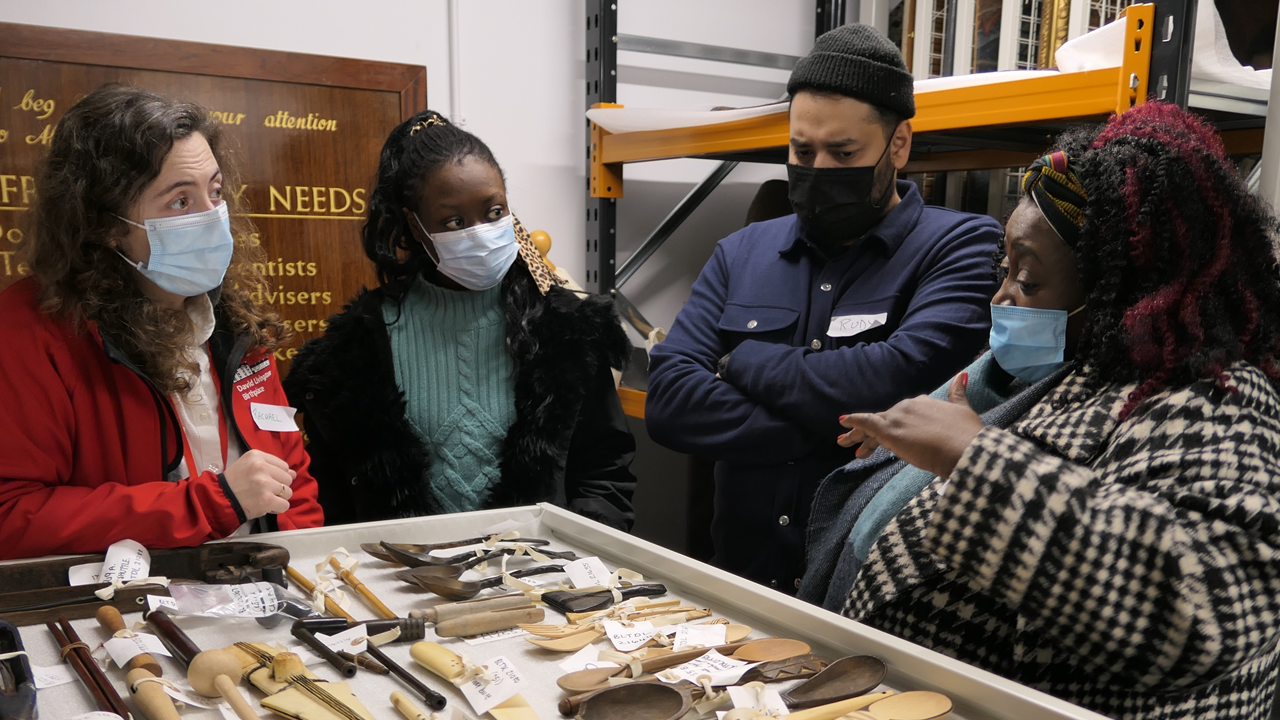Enjoy this article?
Most Museums Journal content is only available to members. Join the MA to get full access to the latest thinking and trends from across the sector, case studies and best practice advice.

Diaspora community participants in museum projects should be valued as experts, offered fair remuneration and provided with emotional support when working on sensitive topics, according to a new report by National Museums Scotland (NMS).
The organisation has published the findings of the first stage of the Exchange: Community-Led Collections Research initiative, which was funded by a £250,000 grant from the Arts and Humanities Research Council (AHRC), and supported by a hub formed between NMS and Royal Museums Greenwich.
The report comes as the AHRC announces a further £150,000 for Exchange 2.0, a second stage that will build on the learnings of the first phase of the project, focusing on knowledge sharing, sustainable legacy and impact.
The first phase of the project supported seven museum partners around the UK to work with African, Caribbean, and South Asian diaspora heritage community members to use participatory research methodologies to explore experiences of empire, migration, and life in Britain.
Museum partners recruited community members and supported them to identify and explore research questions, and define and produce outputs, which included an artist-led zine, musical and theatre performances, temporary exhibitions, academic seminars, panel discussions, spoken word poetry, filmmaking, a women’s trail, an interfaith ceremony, and a published book.
The hub offered guidance and evaluated the activities at each partner museum to produce recommendations for more equitable participation.
The new report outlines nine recommendations: that museums should seek equity for community participants by valuing and empowering them as experts, paying them for their time, creating safer spaces, providing time and flexibility, assessing and addressing their needs and co-designing participation so they can tell their stories on their terms.
“The key question at the centre of the Exchange project was how participation can be more equitable for diaspora heritage community members,” said John Giblin, keeper of global arts, cultures and design at NMS.
“This report highlights the benefits of community-led participatory practice as well as the challenges and barriers to participation, and the nine recommendations are a valuable first step in finding an answer to that question.
“To summarise them, by paraphrasing one of the Exchange community participants, it’s all about people having a genuine seat at the table.”
Most Museums Journal content is only available to members. Join the MA to get full access to the latest thinking and trends from across the sector, case studies and best practice advice.